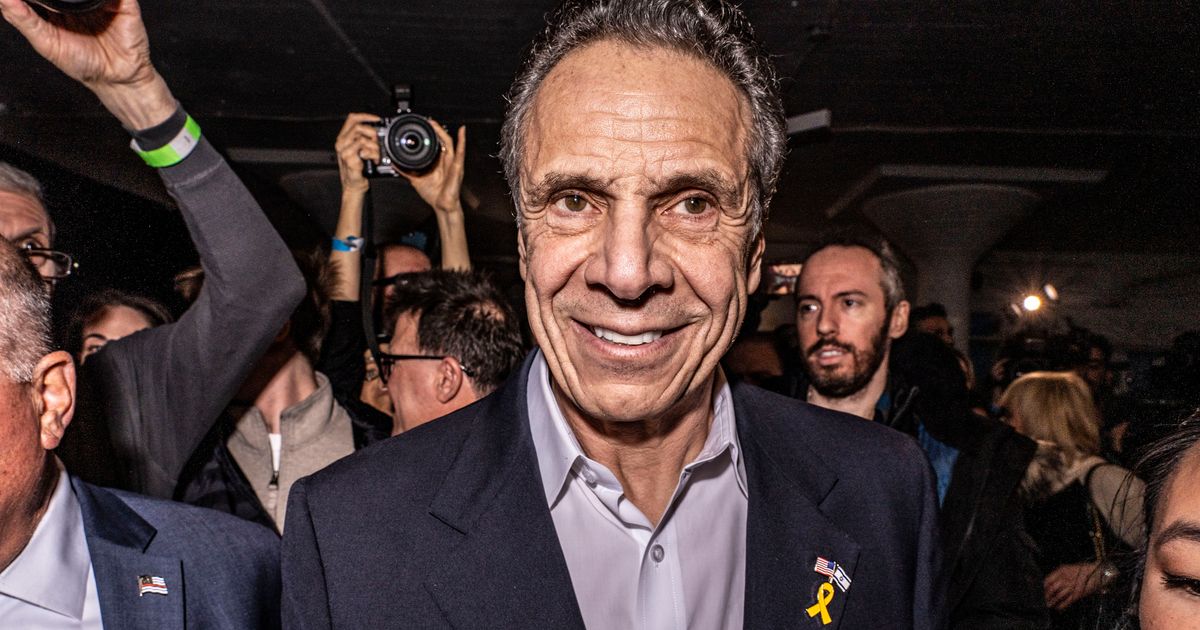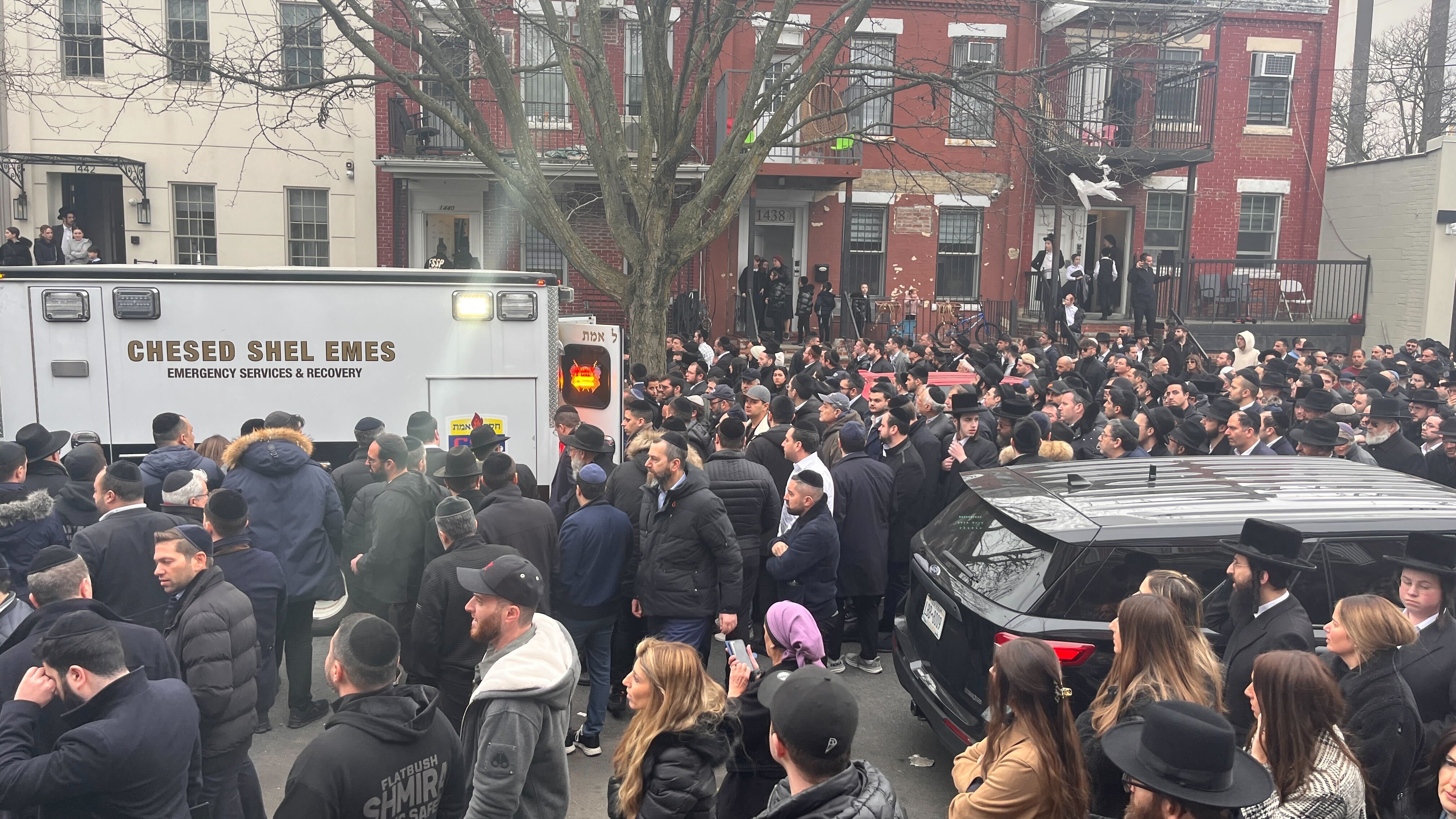NYC Congestion Pricing: A Looming Threat to the City's Food Supply?
Representatives from the Food Bank For NYC, the NYC Hospitality Alliance, and Baldor Specialty Foods express deep concern over the impact of NYC's congestion pricing policy, set to begin January 5, 2025. They argue that the added cost of tolls will disproportionately burden the city's already complex and expensive food supply chain, affecting everyone from bodegas to food banks.
The Impact on Food Distribution
<img src="https://nypost.com/wp-content/uploads/sites/2/2024/12/food-bank-new-york-city-95610964.jpg?w=1024" alt="Food Bank for New York city truck being loaded">The authors highlight the reliance of restaurants, grocery stores, hospitals, schools, and food pantries on timely truck deliveries. The inability to use public transportation for food delivery means that congestion pricing will significantly increase costs. This increase will inevitably be passed on to consumers, leading to higher food prices.
<img src="https://nypost.com/wp-content/uploads/sites/2/2024/12/2015-hunts-point-cooperative-market-95610944.jpg?w=1024" alt="Workers loading produce onto trucks at Hunts Point Market">A Call for Exemption
The authors strongly urge for an exemption for local food and beverage distributors. They emphasize that food distribution is an essential service and shouldn't be penalized for keeping the city's food system functional. They argue that the current plan fails to acknowledge this reality.
The Ripple Effect: Higher Prices and Health Concerns
Small businesses, already struggling with inflation and high costs, will be further impacted. This will lead to even higher prices for consumers, particularly affecting low-income families. Furthermore, increased food costs could negatively impact public health initiatives focused on promoting healthier eating habits.
<img src="https://nypost.com/wp-content/uploads/sites/2/2024/12/2017-baldor-primarily-wholesaler-providing-95519341.jpg?w=1024" alt="Baldor Foods truck on the streets of New York City">The authors conclude by imploring Governor Hochul and state leaders to grant an exemption, preventing the added burden of congestion pricing from jeopardizing food access and affordability in New York City.








:max_bytes(150000):strip_icc():focal(749x0:751x2)/Gigi-Hadid-032925-tout-266ce516d5e94b13aeb812497d13029b.jpg)
Comments
Join Our Community
Sign up to share your thoughts, engage with others, and become part of our growing community.
No comments yet
Be the first to share your thoughts and start the conversation!